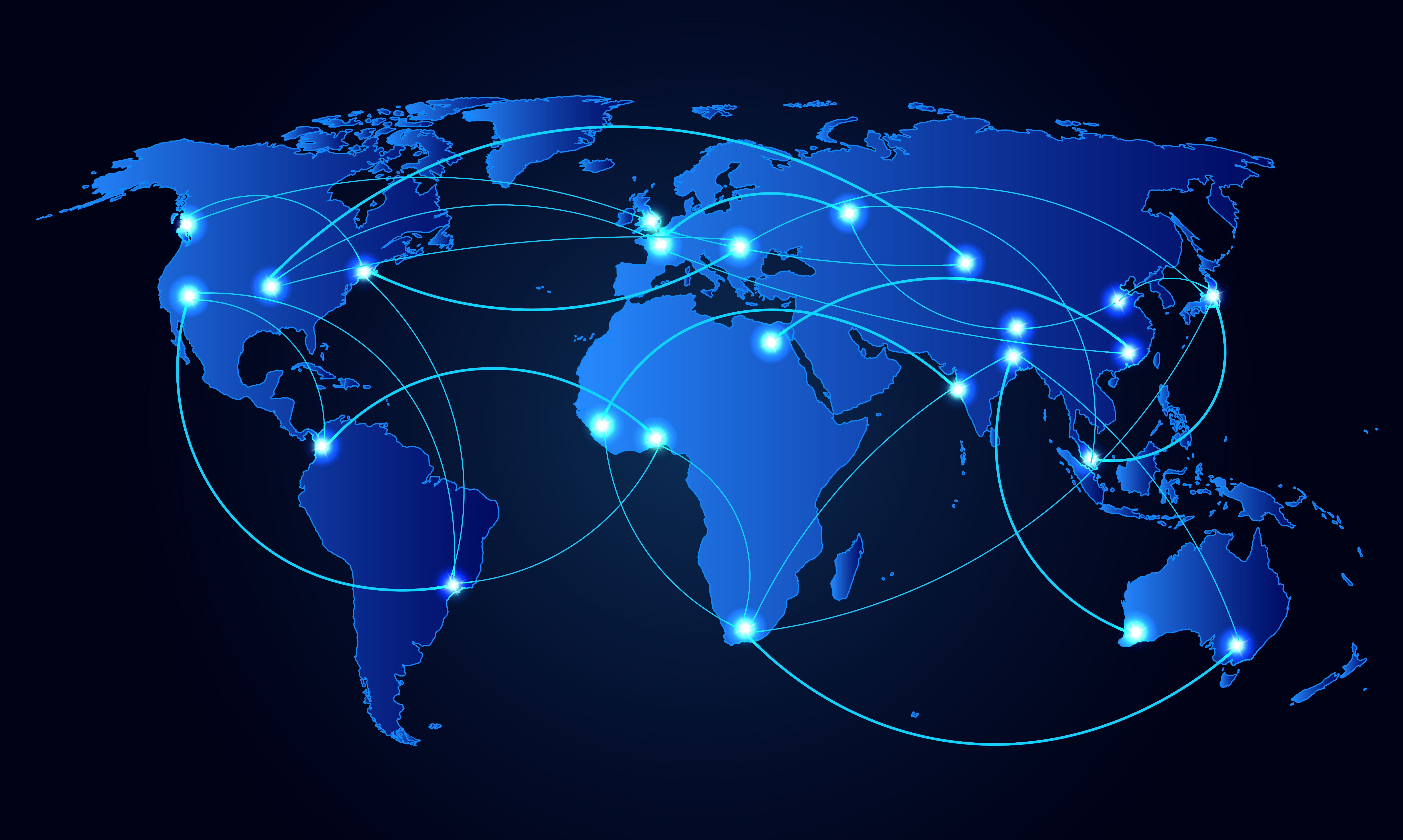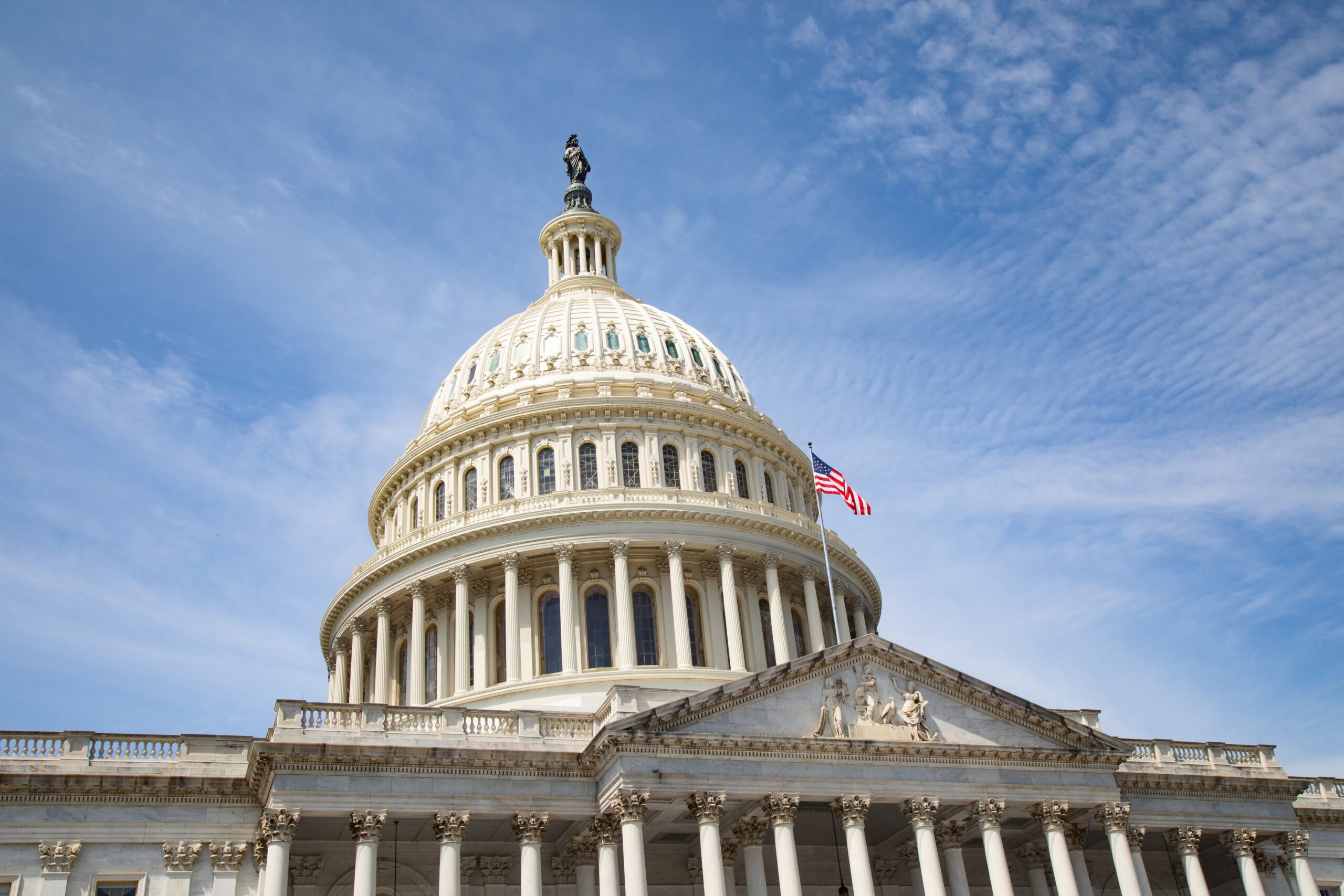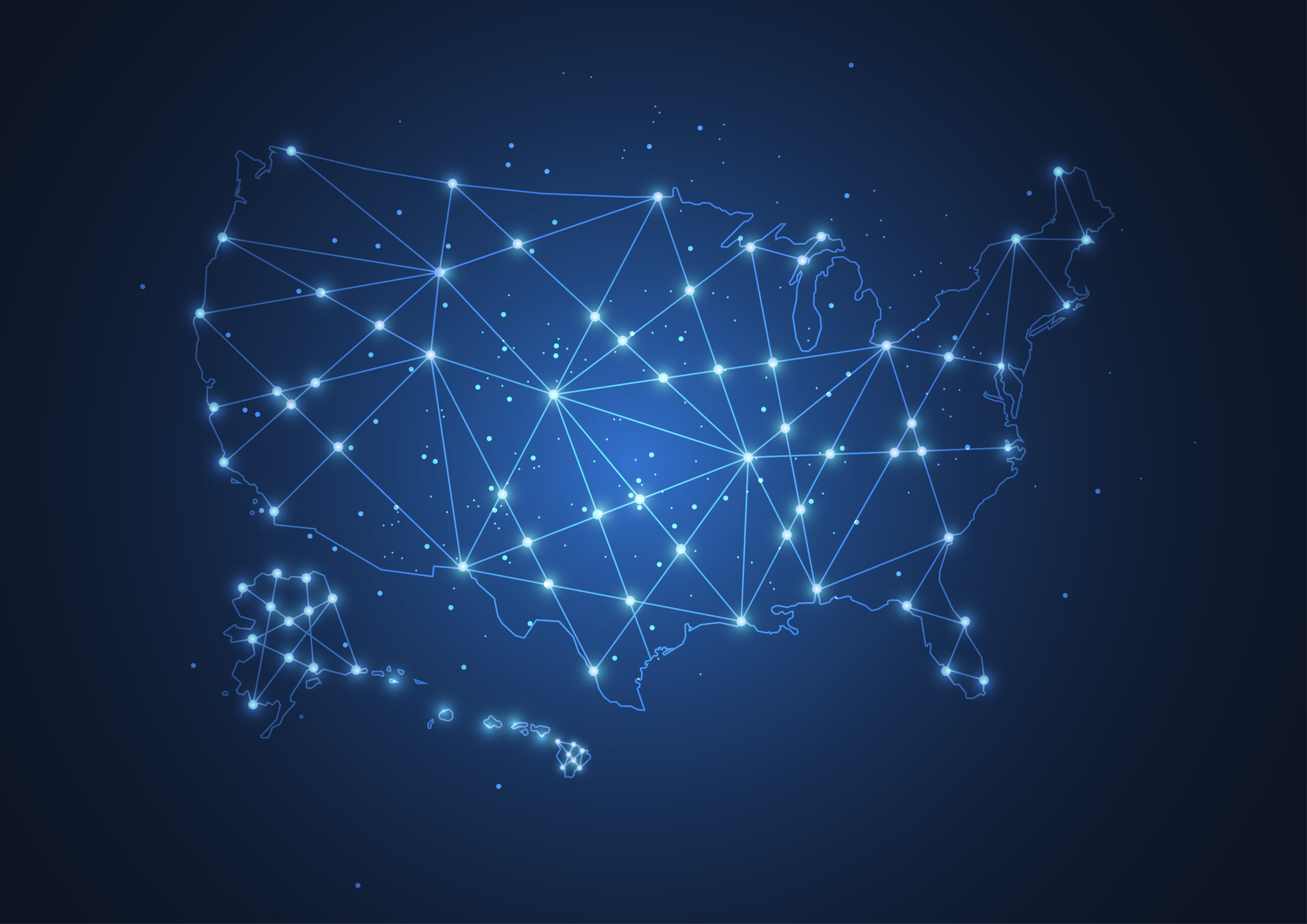Showing results for fire2020 xped free promo codes portugal

Geopolitical fragmentation, the AI race, and global data flows: the new reality
[…] and the United States. Dealing with these risks requires that greater attention be paid to geopolitical crises and legal fragmentation as a threat to protections for the free flow of data across borders. The end of the ‘Brussels effect’? There has been much talk of the ‘Brussels effect’ that has allowed the EU to […]

Minding Mindful Machines: AI Agents and Data Protection Considerations
Thank you for the contributions of Rob van Eijk, Marlene Smith, and Katy Wills We are now in 2025, the year of AI agents. In the last few weeks, leading large language model (LLM) developers (including OpenAI, Google, Anthropic) have released early versions of technologies described as “AI agents.” Unlike earlier automated systems and even […]

This year’s Winning Privacy Papers to be Honored at the Future of Privacy Forum’s 15th Annual Privacy Papers for Policymakers Event
[…] must undergo a serious reckoning with privacy law. Scraping has evaded a reckoning with privacy law largely because scrapers act as if all publicly available data were free for the taking. But the public availability of scraped data shouldn’t give scrapers a free pass. Privacy law regularly protects publicly available data, and privacy principles […]

5 Ways to Be a Top Dog in Data Privacy
[…] annually on January 28 to mark the anniversary of Convention 108, the first binding international treaty to protect personal data. To raise awareness for the day and promote best practices for data privacy, we’ve partnered with Snap to create a Data Privacy Day Snapchat Lens that lets you choose what type of privacy pup […]

What to Expect in Global Privacy in 2025
[…] fragmentation of the cross-border data transfer landscape globally and in APAC into clusters of likeminded jurisdictions, ranging from those like Singapore and Japan that are working to promote trusted data flows (especially through initiatives like the Global CBPRs) to those like Indonesia, India, and Vietnam that have recently renewed their interest in adopting data […]

FPF’s Year in Review 2024
[…] Brief analyzing the regulatory strategies and priorities of data protection authorities (DPAs) in Latin America. We dissected “neurorights,” a set of proposed rights that specifically protect mental freedom and privacy, which have captured the interest of many governments, scholars, and advocates, which is very apparent in Latin America. FPF looked into several countries that […]

OAIC’s Dual AI Guidelines Set New Standards for Privacy Protection in Australia
[…] In the deployment and use phase, organizations must exercise strict caution when inputting personal information into AI systems, particularly systems that are provided to the public for free, such as AI chatbots. They emphasize the need to comply with APP 6 for any secondary use of personal information, minimizing data input, and maintaining transparency […]

Insights from the Second Japan Privacy Symposium: Global Data Protection Authorities Discuss Their 2025 Priorities, from AI, to Cross-Regulatory Collaboration
[…] the PPC delivered the opening keynote. In his keynote, Commissioner Oshima shared about the PPC’s regulatory priorities for 2025. These included cross-border data transfers and the Data Free Flow with Trust initiative, as well as further collaboration with the G7 DPAs and bilaterally with various international regulators. Following the keynote, Gabriela Zanfir-Fortuna, Vice-President for […]

Five Big Questions (and Zero Predictions) for the U.S. State Privacy Landscape in 2025
In the enduring absence of a comprehensive national framework governing the collection, use, and transfer of personal data, state-level activity on privacy legislation has been on a consistent upward trend since the enactment of the California Consumer Privacy Act in 2018. With all 50 U.S. states scheduled to be in session in 2025, stakeholders are […]

In a Landmark Judgment, The Inter-American Court of Human Rights Recognized an Autonomous Right to Informational Self-Determination
[…] emphasized by the IACHR: 599. In any case, the Inter-American Court reiterates that the effectiveness of the right to informational self-determination requires States to provide adequate, swift, free, and effective mechanisms or procedures to process and address requests, either by the same authority managing the data or by another competent institution in matters of […]
